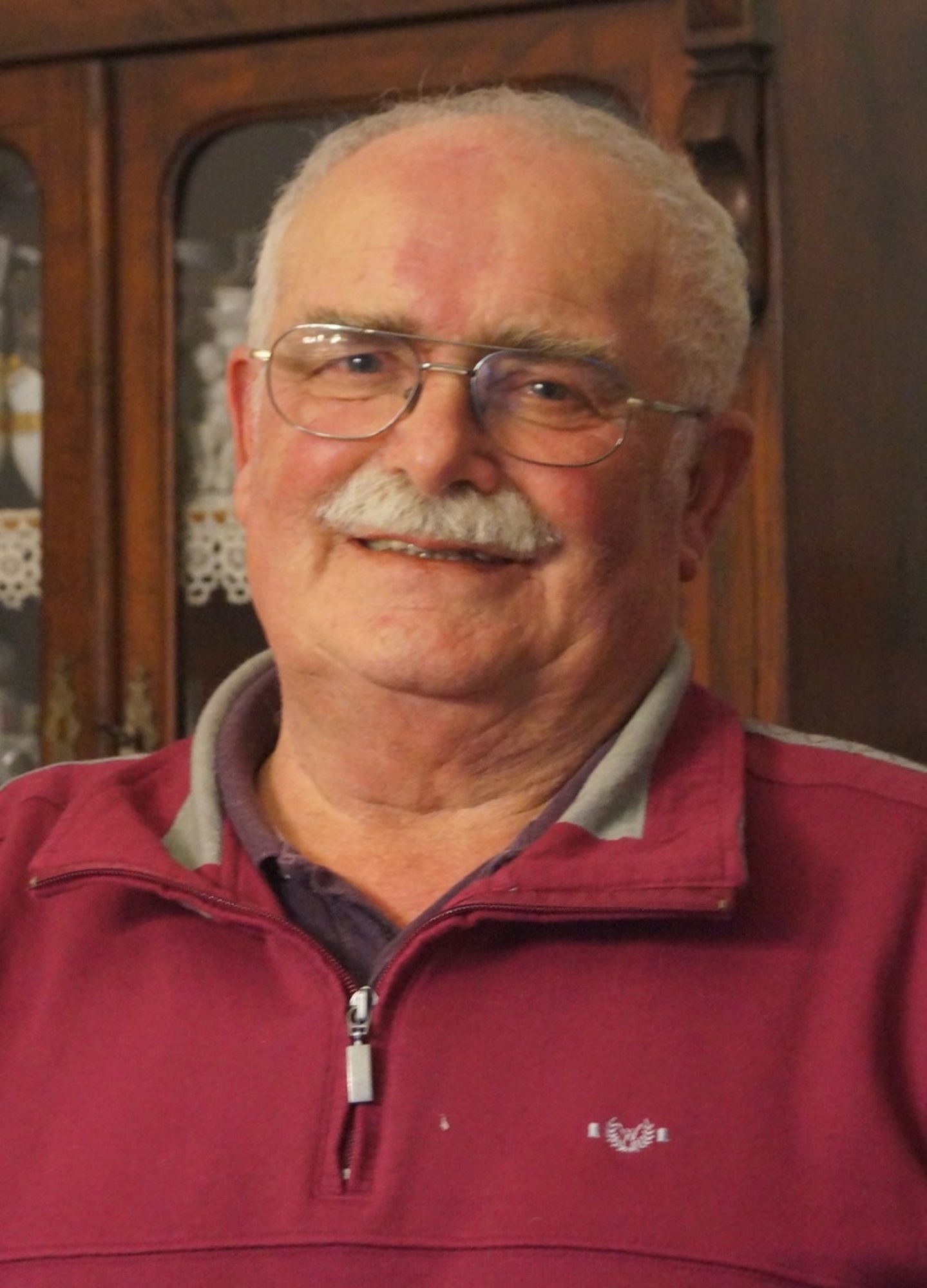The Czechs did indeed seal off the border hermetically

Stáhnout obrázek
Gerhard Hoch was born in 1940 in Weiden in the region of Oberpfalz. He’s known the border since the age of twelve from school trips. At first, he’s known the border exclusively as the fortified Iron Curtain. In 1959, he started to work for the Federal Border-Protection Service and after the completion of basic training in the Seeon Cloister in Upper Bavaria, he initiated his service in Schwandorf. In 1967, he enrolled to the Bavarian police. Due to his experience with the Bohemian border, he opted for a position with the Border-Police Commissariat in Furth im Wald. For some years, he worked in middle-rank positions at the Border-Police station in Höll – a district of Waldmünchen – conducting controls along the “Green” border. Two years later, the smaller checkpoints were closed down and Hoch was transferred to the Furth im Wald border crossing. In 1978/79, he applied for the higher service and since 1981 he was head of unit at the border crossing Schafberg near Furth im Wald, where he was responsible for the road as well as the rail border traffic until his retirement in 2000. His day-to-day work mostly entailed the clearing of travelers the majority of which were business travellers. However, he also experienced the brutality of the barriers at the border. GDR citizens as well as people from various other Eastern-Bloc countries tried to flee across the Green border at or near the checkpoint where he served. The fugitives would hide in trains or use airplanes to cross the border. The cooperation with the Czechoslovak colleagues worked well nevertheless. After the suppression of the Prague Spring, curious West-Germans who wanted to see the Russians flocked to the border. However, the Russians didn’t come. In the course of the 1980s, the border traffic increased massively. Hoch learned about the forthcoming opening of the border from an official instruction a few days ahead of it. Numerous illegal border crossings followed the official opening of the border. At the same time the traffic rate at the border increased abruptly and the mastery of the increased traffic became a huge challenge for the Bavarian and Czech border officials. Shortly after the opening, the two border crossings were merged and henceforth a joint border control replaced the old system. After the accession of the Czech Republic to the Schengen Area in 2007, Hoch – at that time already retired – was invited to a small celebration at his former work place.

